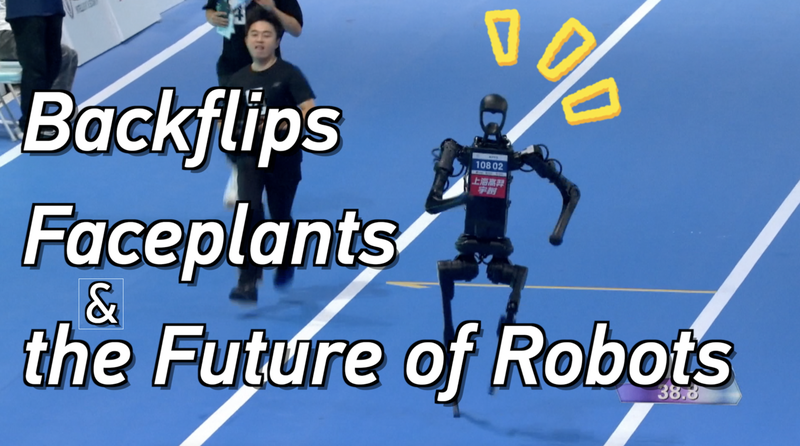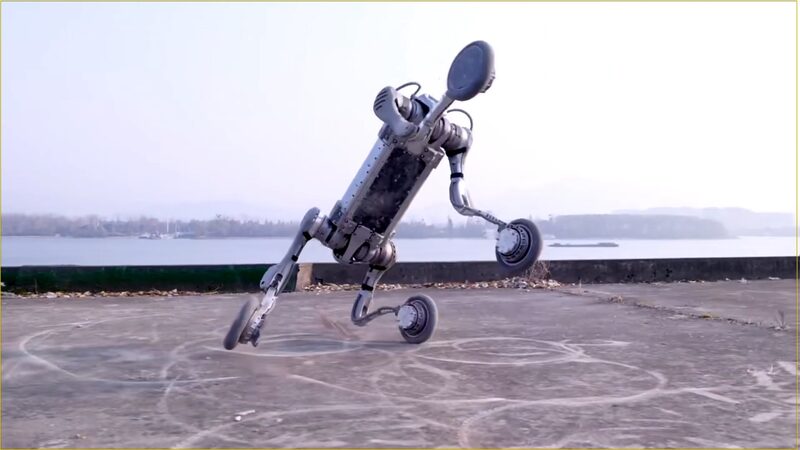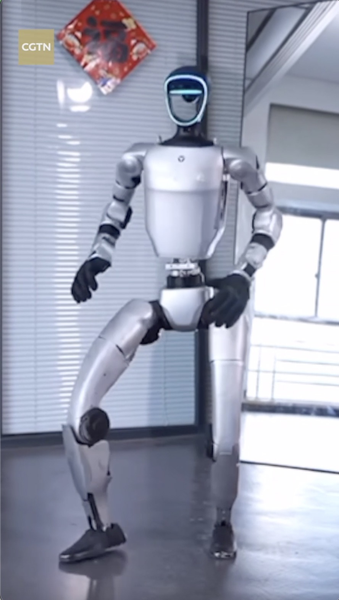Beijing’s 2025 World Humanoid Robot Games redefined athletic competition this week as 500 humanoid robots from 280 teams clashed in 487 matches spanning soccer, street dance, and freestyle combat. The event offered a rare glimpse into the evolving capabilities of artificial intelligence and bipedal robotics, blending technical breakthroughs with moments of endearing imperfection.
Speed Meets Stumbles
China’s Unitree H1 stunned spectators by completing a 1500-meter dash at 3.8 meters per second – shattering assumptions about bipedal mobility. Meanwhile, the Tiangong Ultra made history as the first humanoid robot to run a 100-meter race entirely autonomously, navigating crowds without remote control. Yet the obstacle course revealed a different reality: 75% of competitors collapsed into tangled heaps, with one bot colliding with its handler mid-fall.
Failures as Fuel
Engineers observed mishaps with keen interest, treating each crash as critical data. “Every stumble teaches us more than a gold medal,” one developer remarked, highlighting how public testing accelerates innovation. These “live data points” – rarely visible outside labs – demonstrated the iterative process behind creating functional service robots for future warehouses, hospitals, and homes.
Beyond the Arena
The Games transcended sport, serving as a real-world workshop where raw progress outpaced polished corporate demos. From grocery-carrying trials to synchronized dance routines, the event hinted at how quickly humanoid robotics could integrate into daily life. As one attendee noted: “Today’s faceplant might become tomorrow’s factory assistant.”
Reference(s):
cgtn.com








